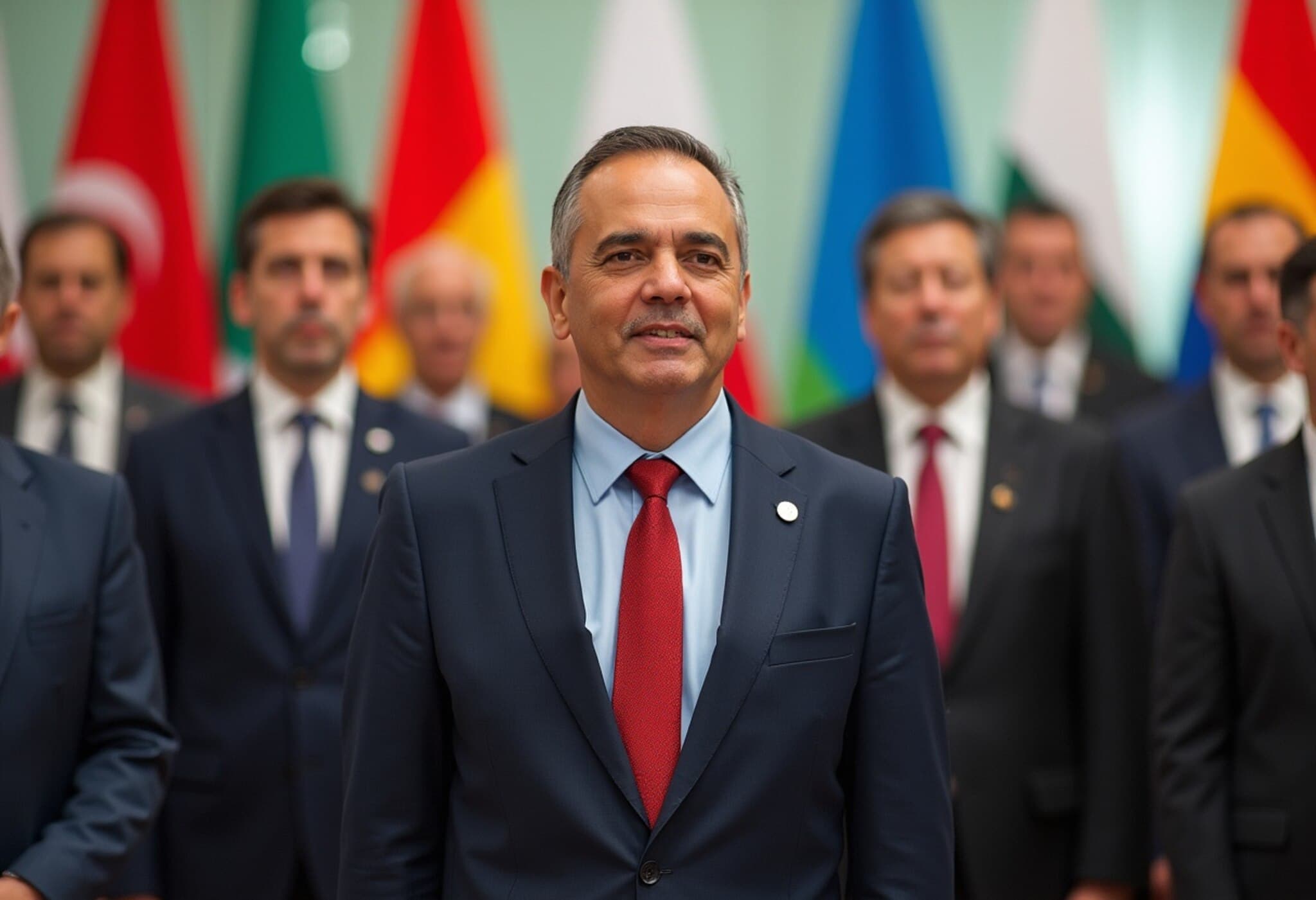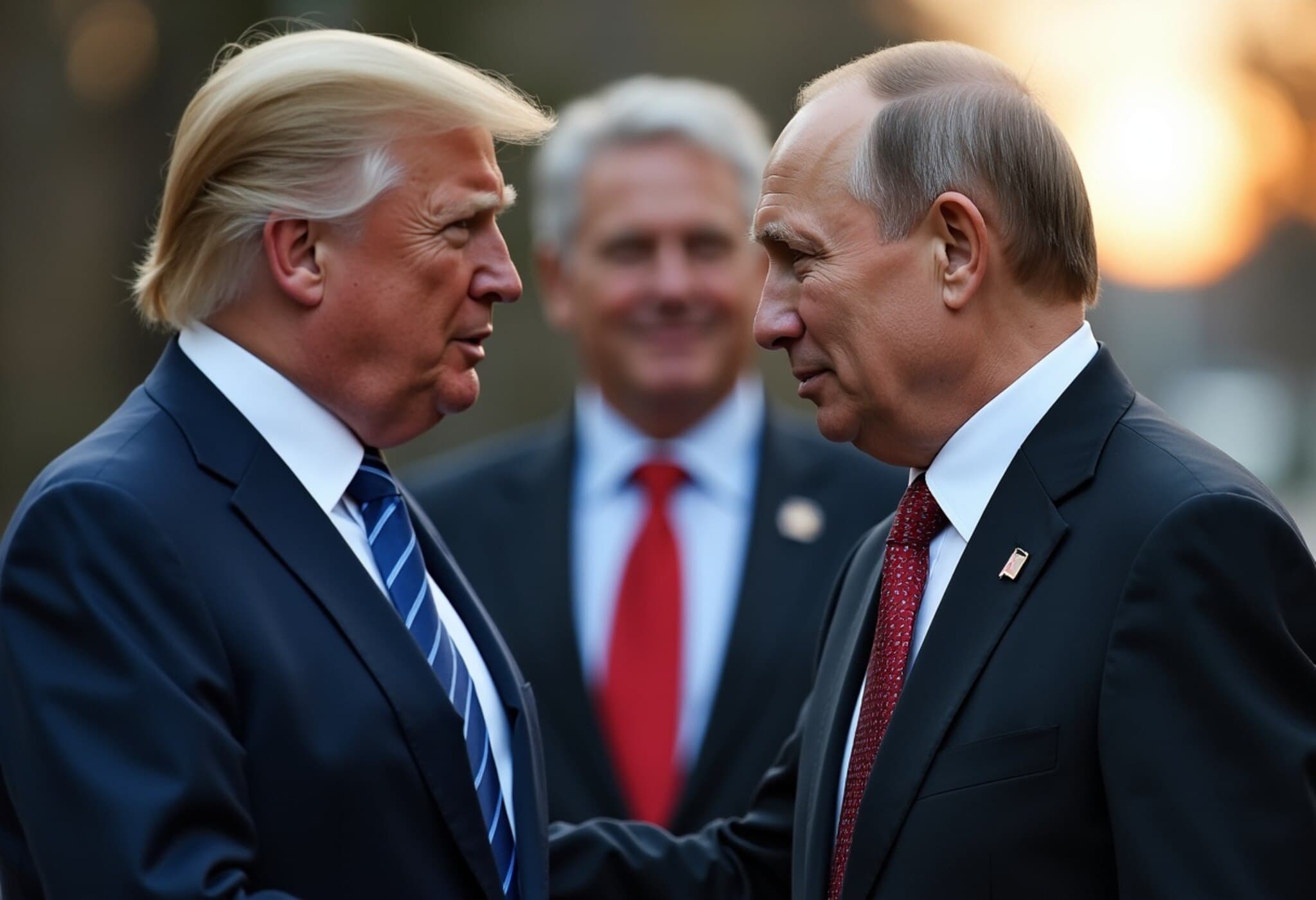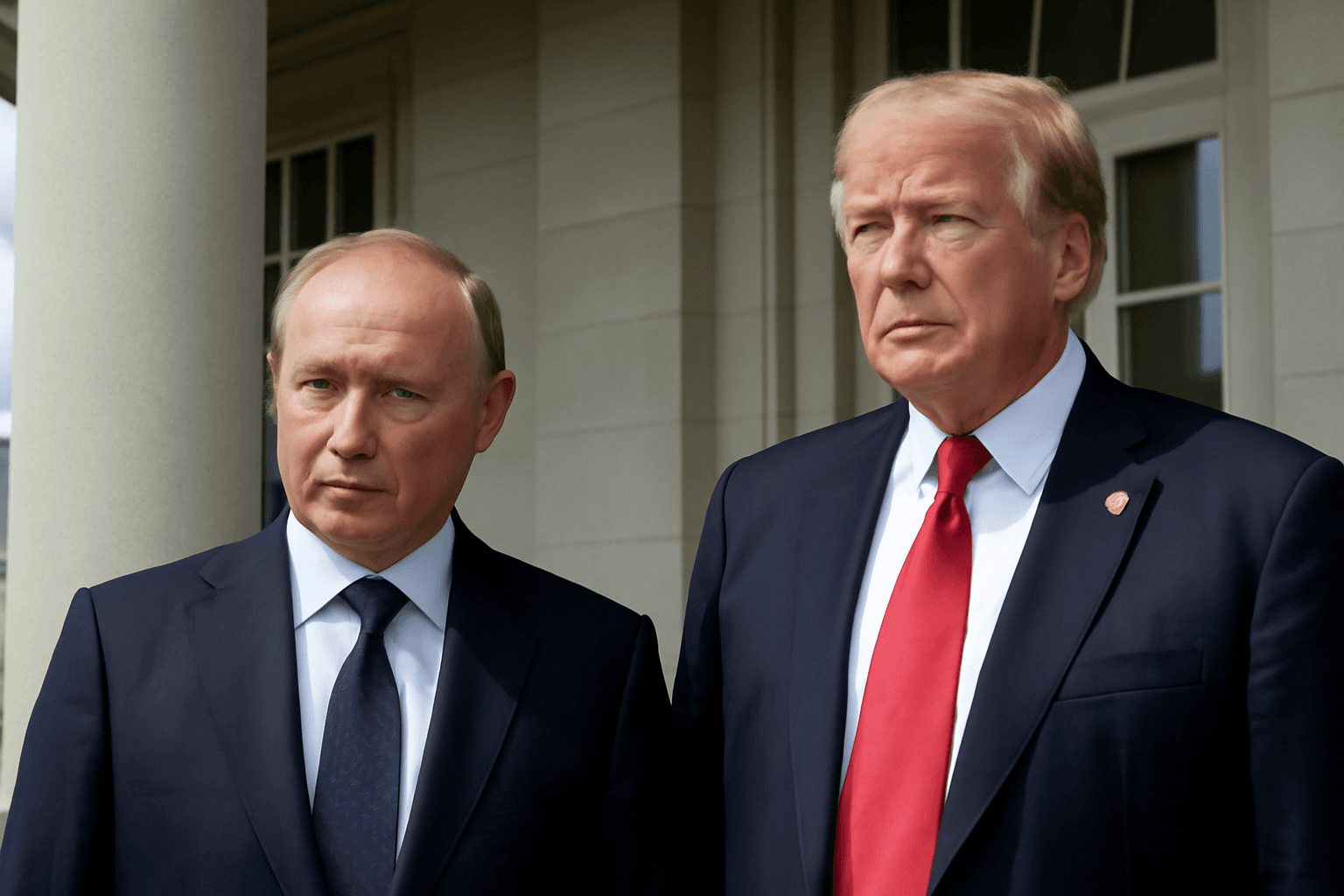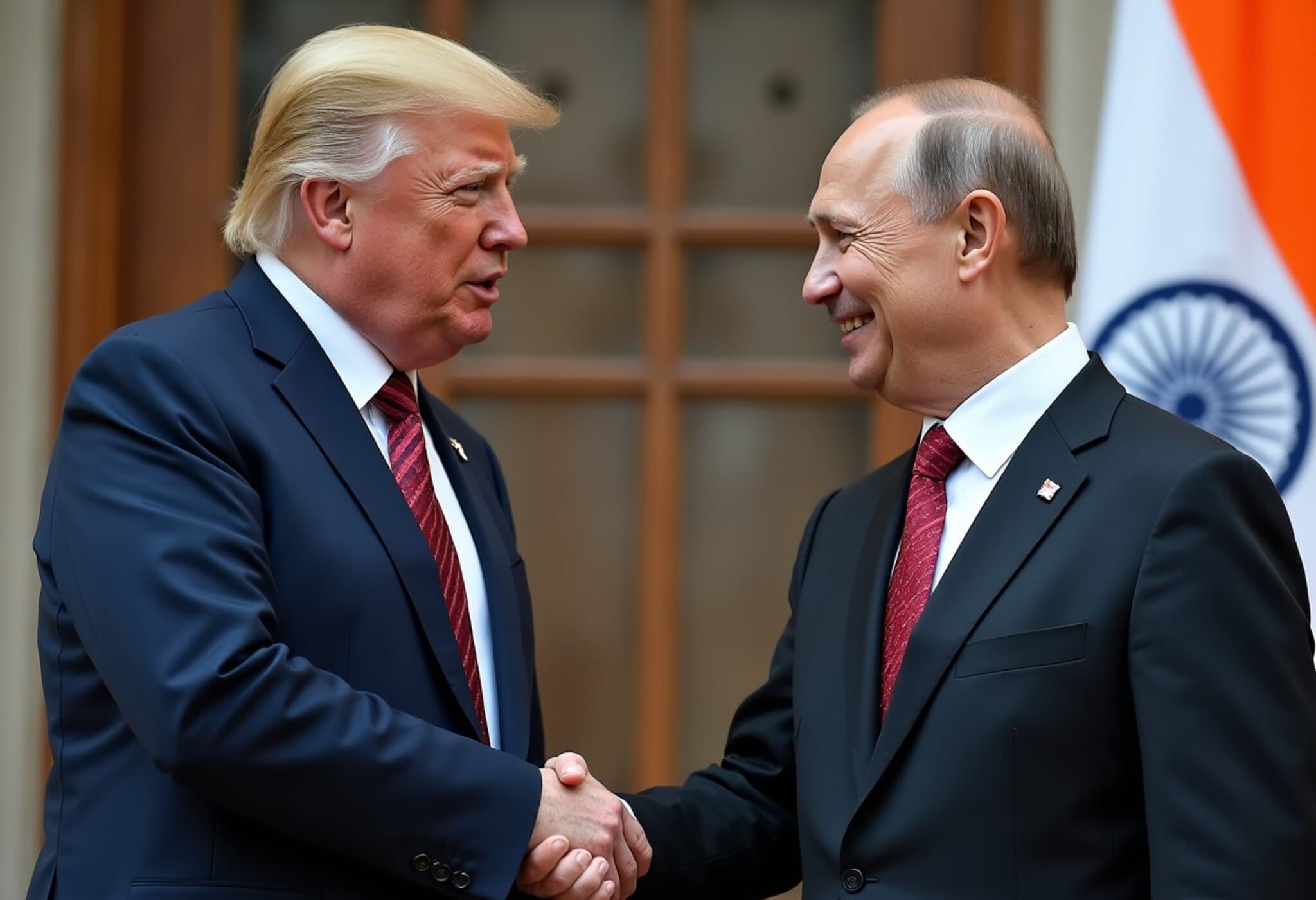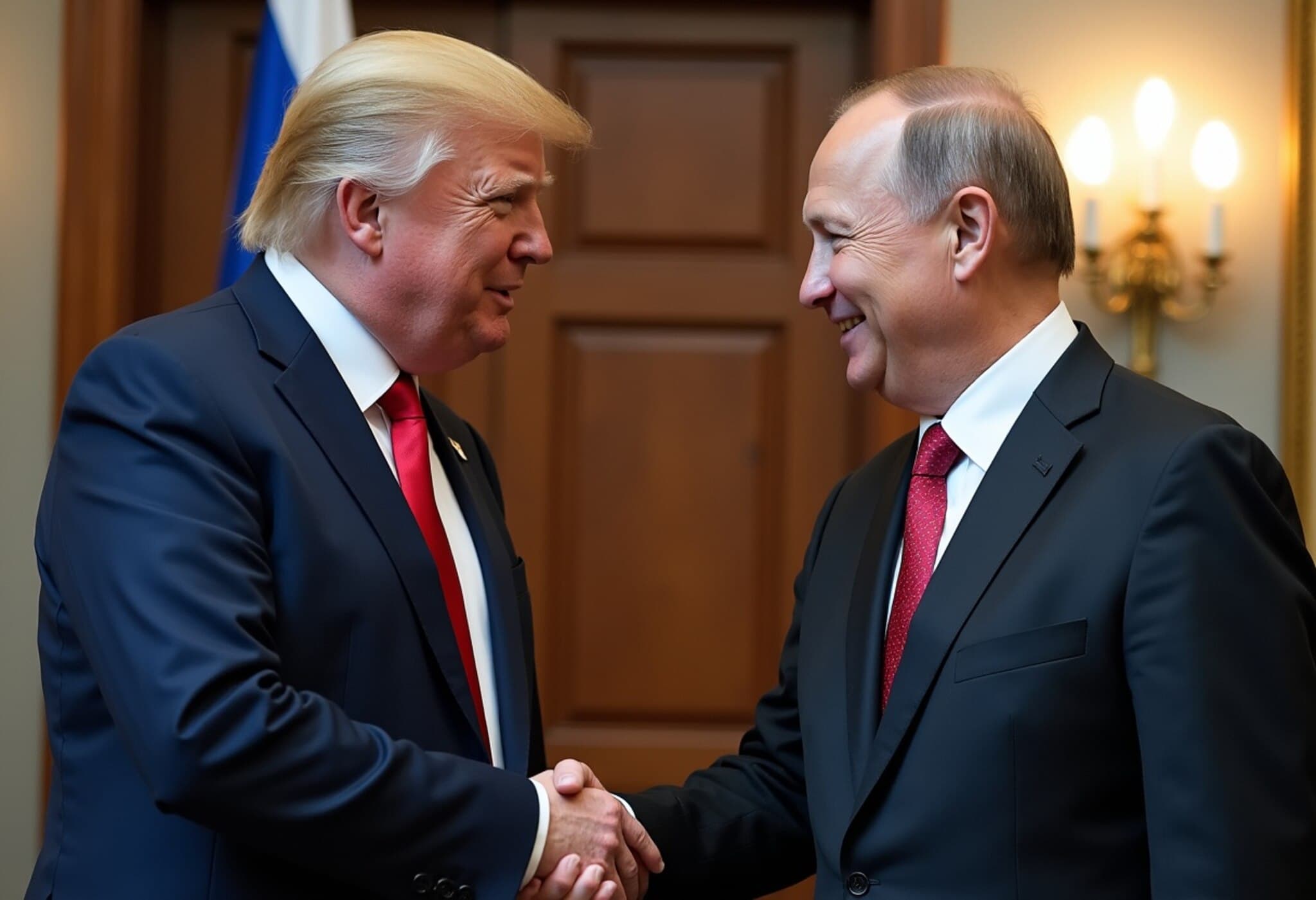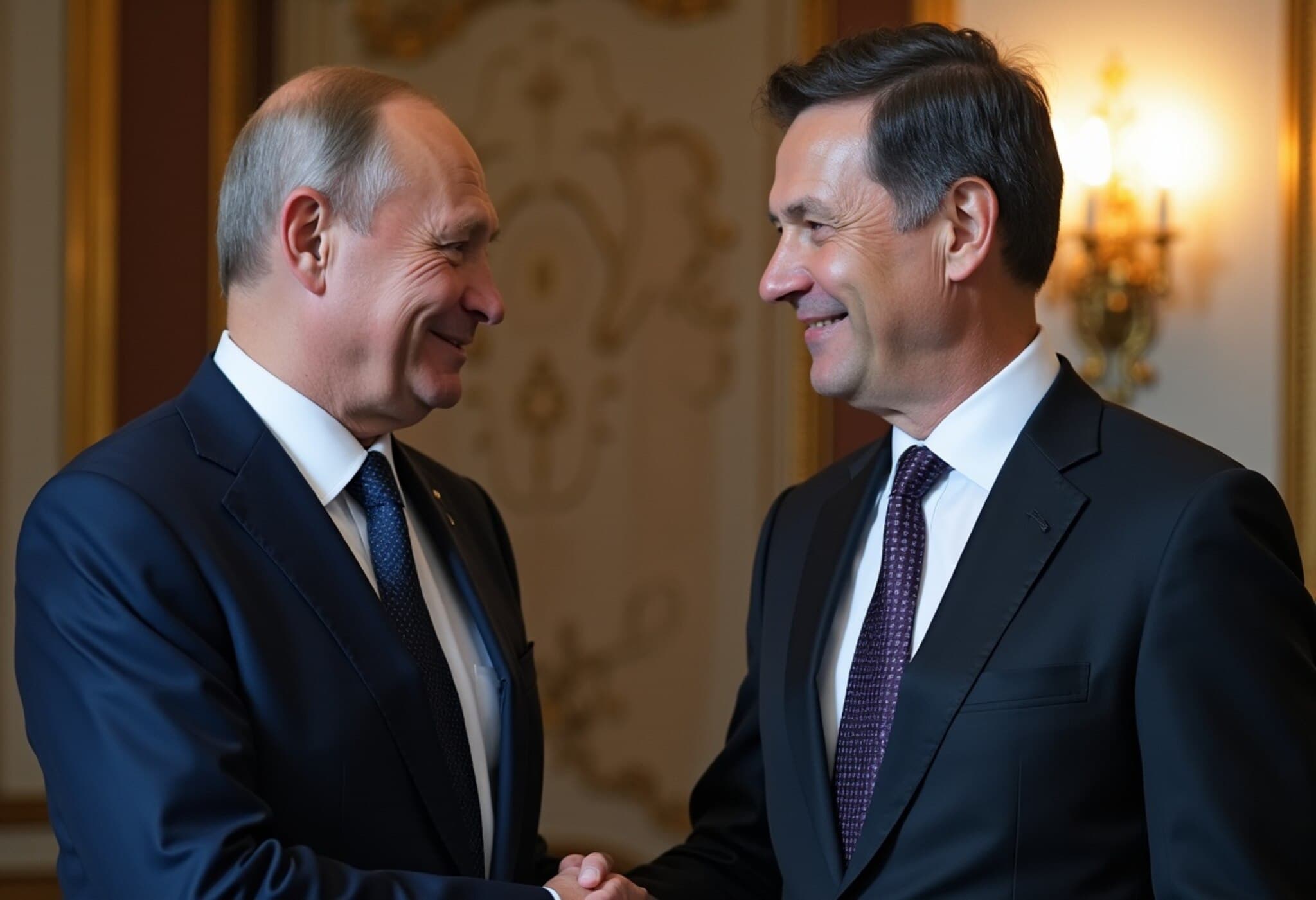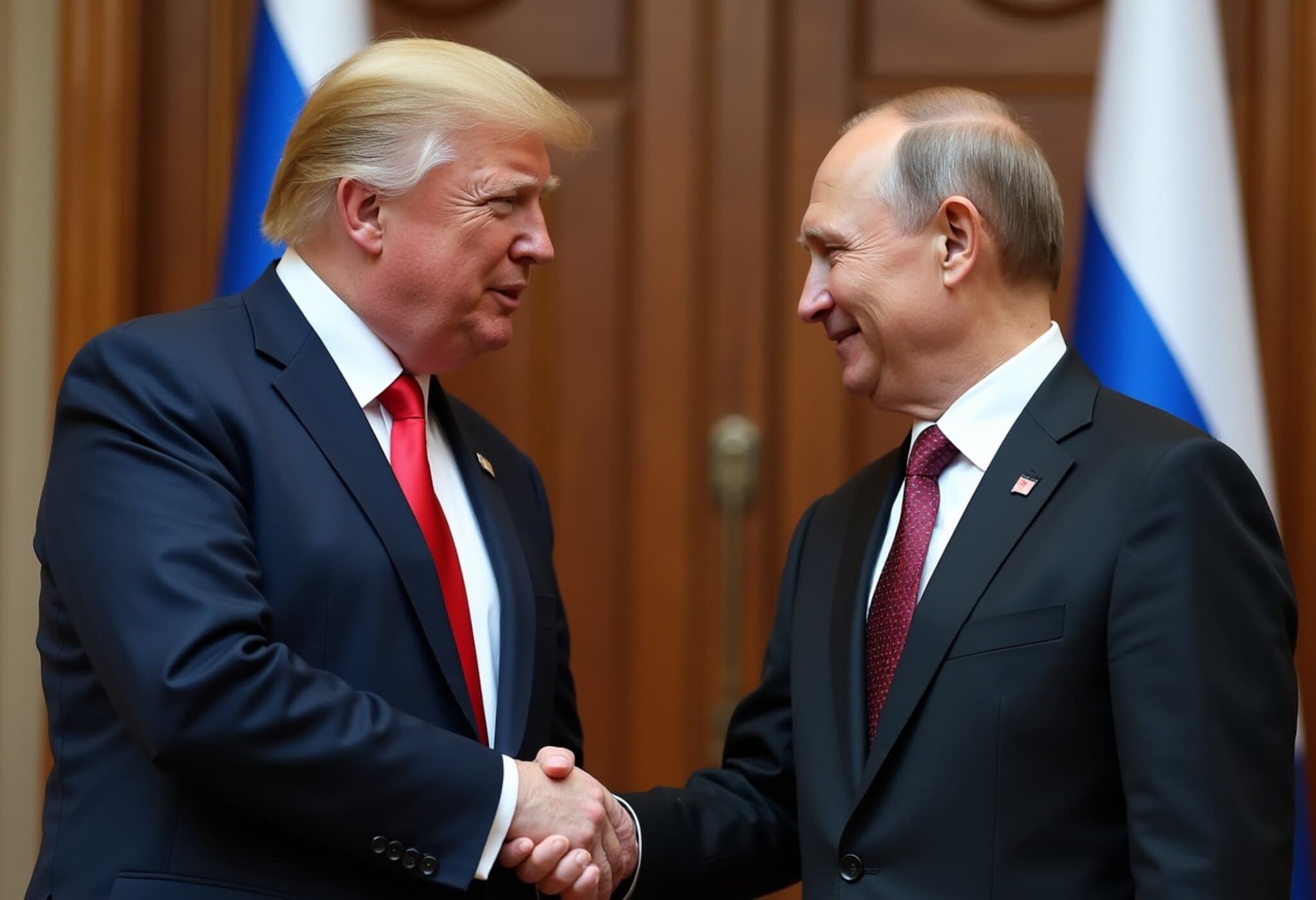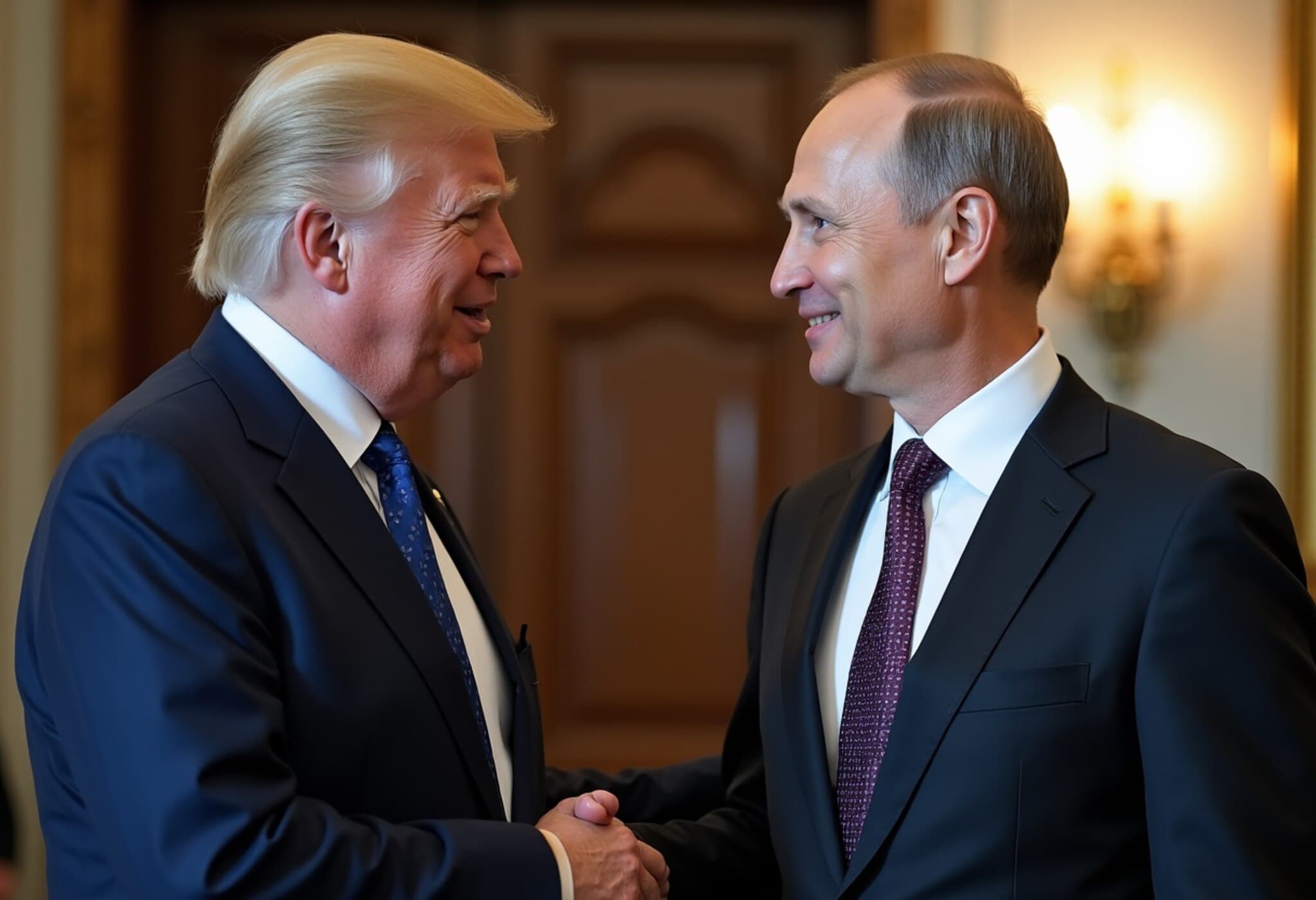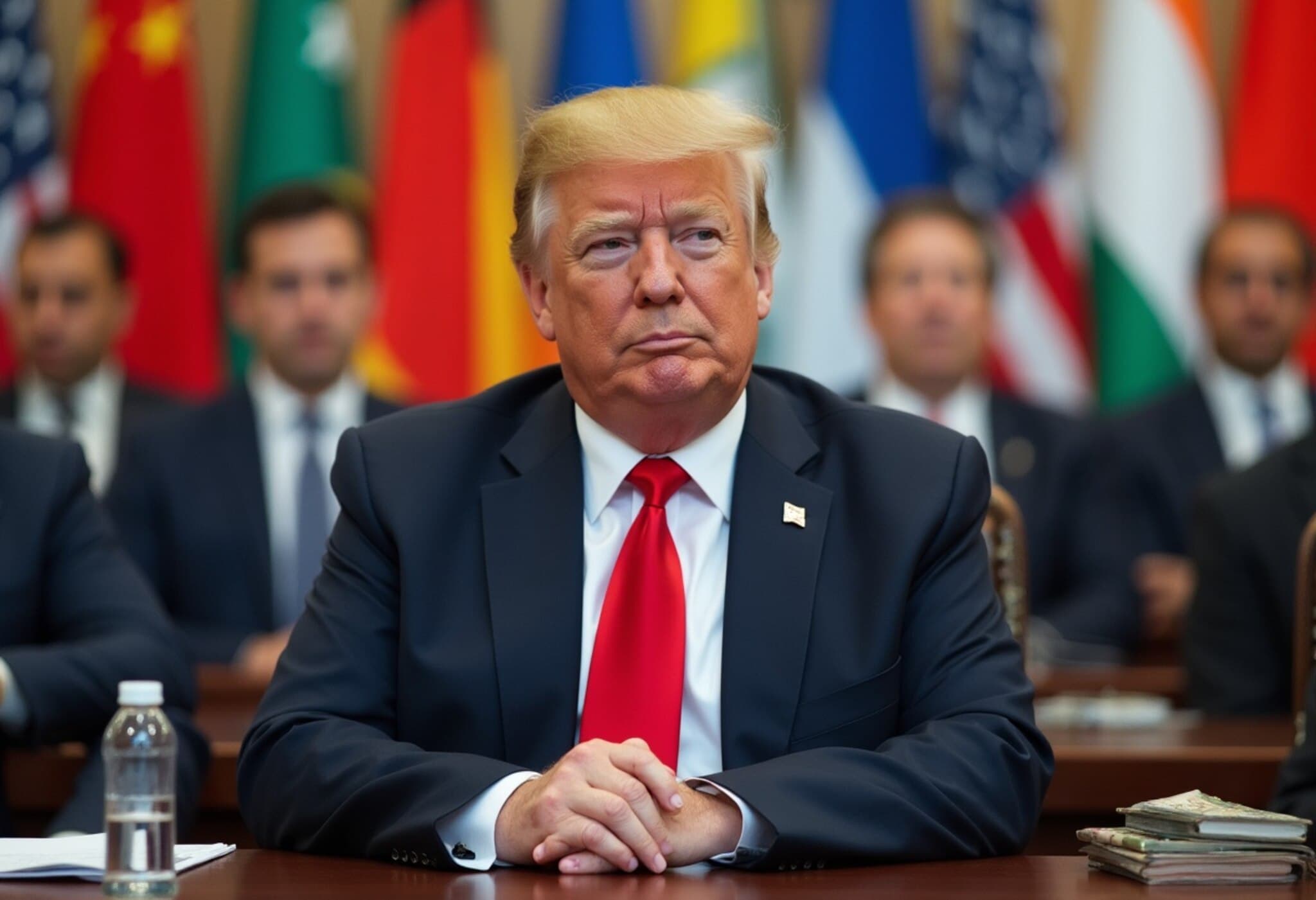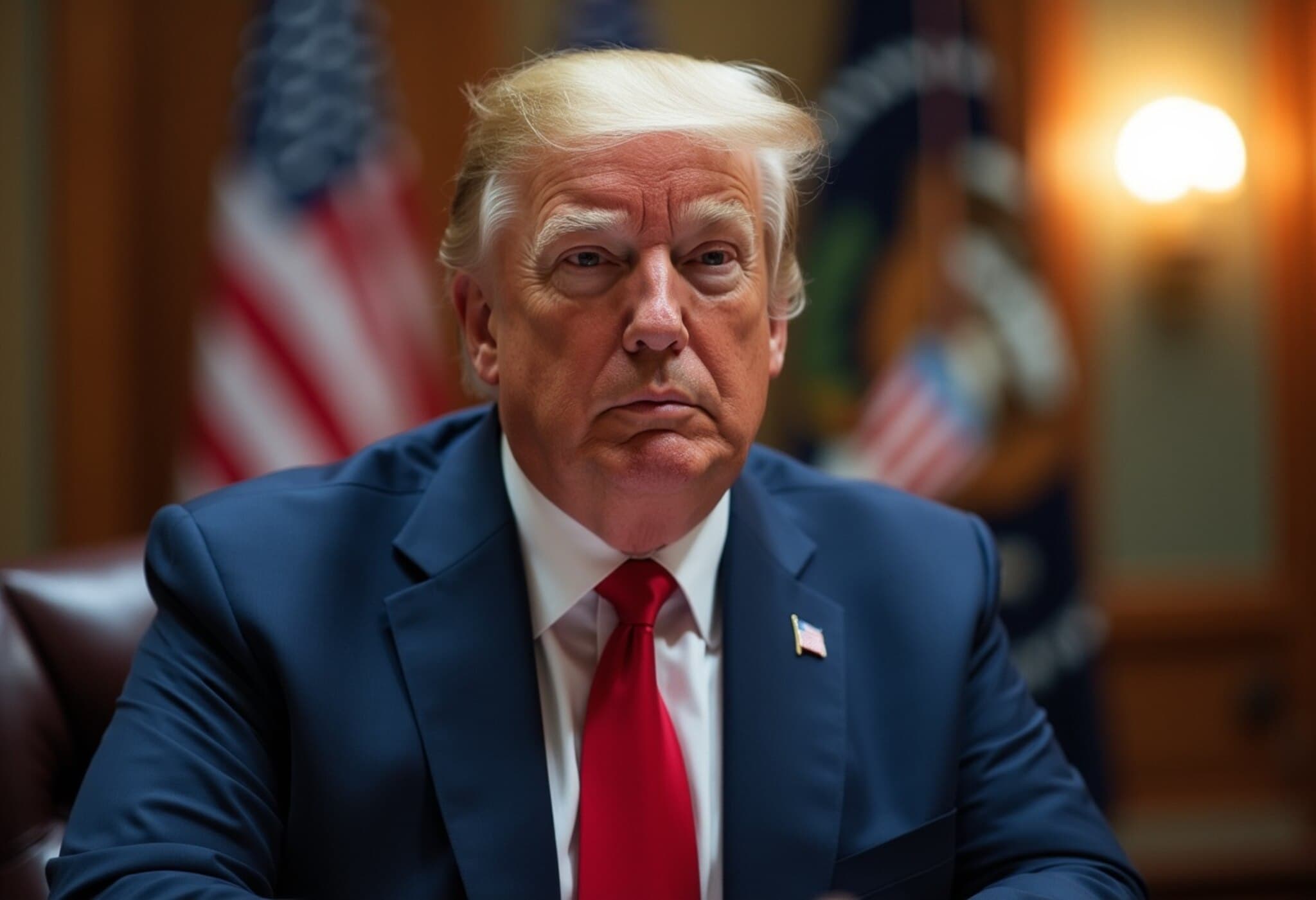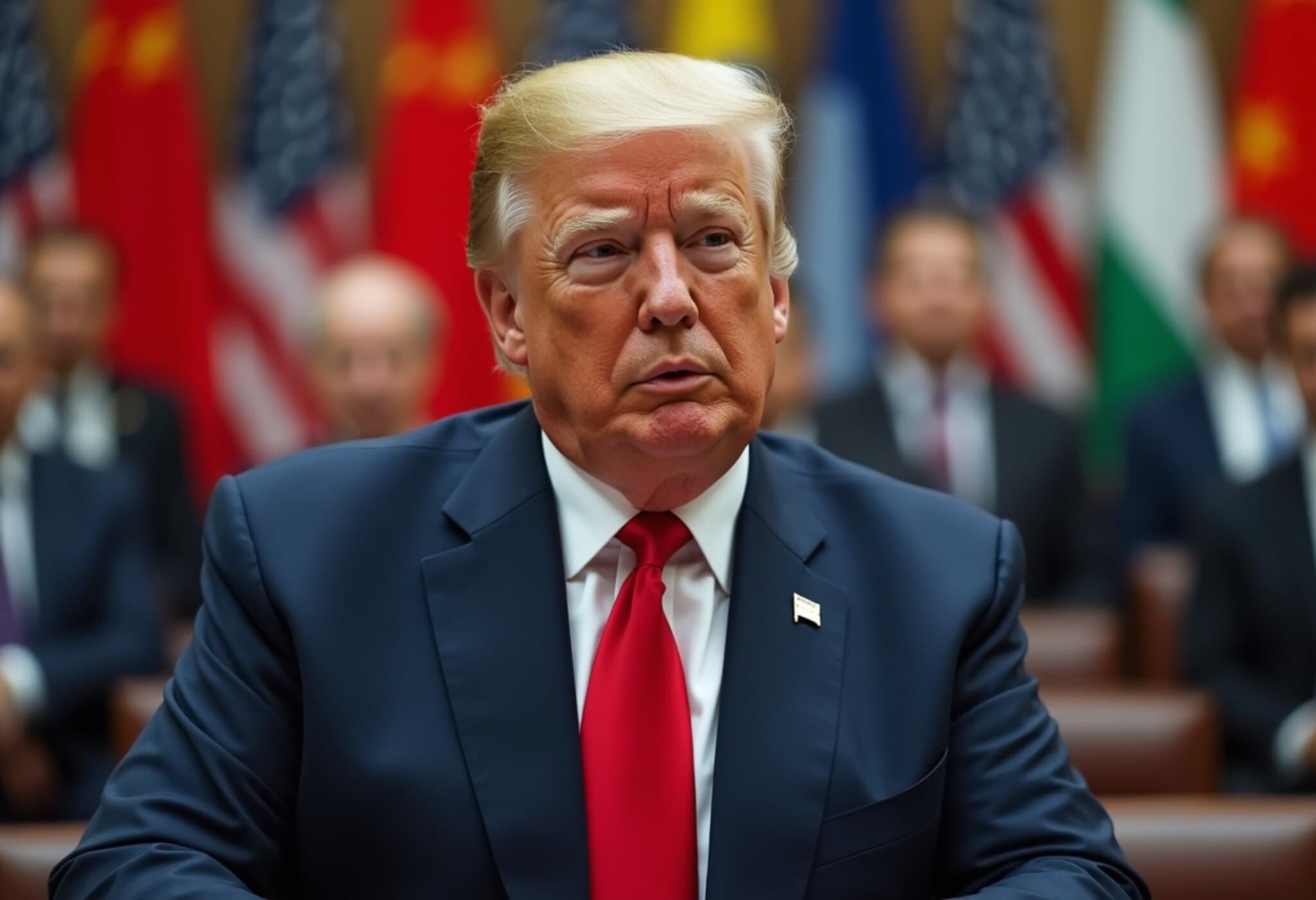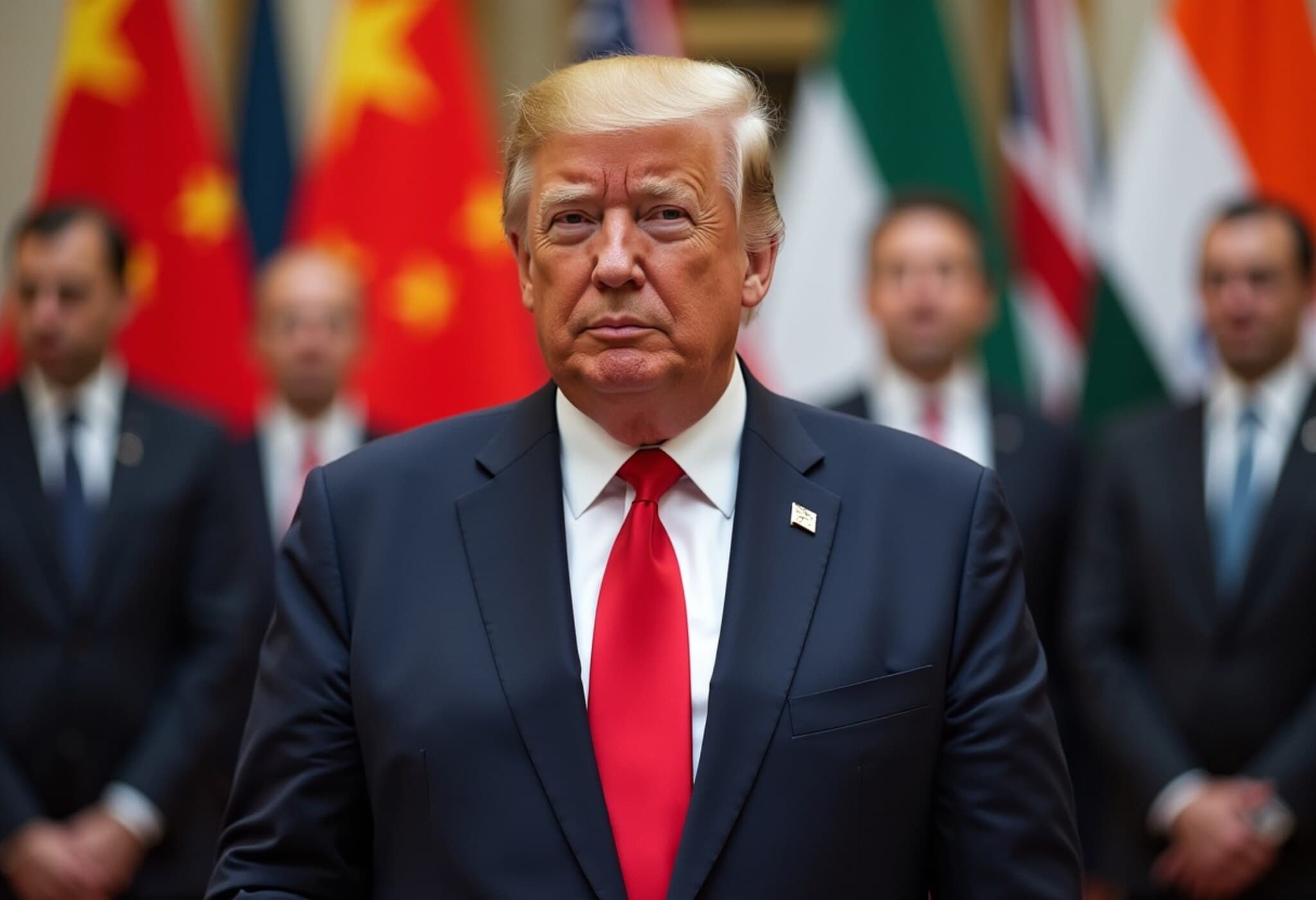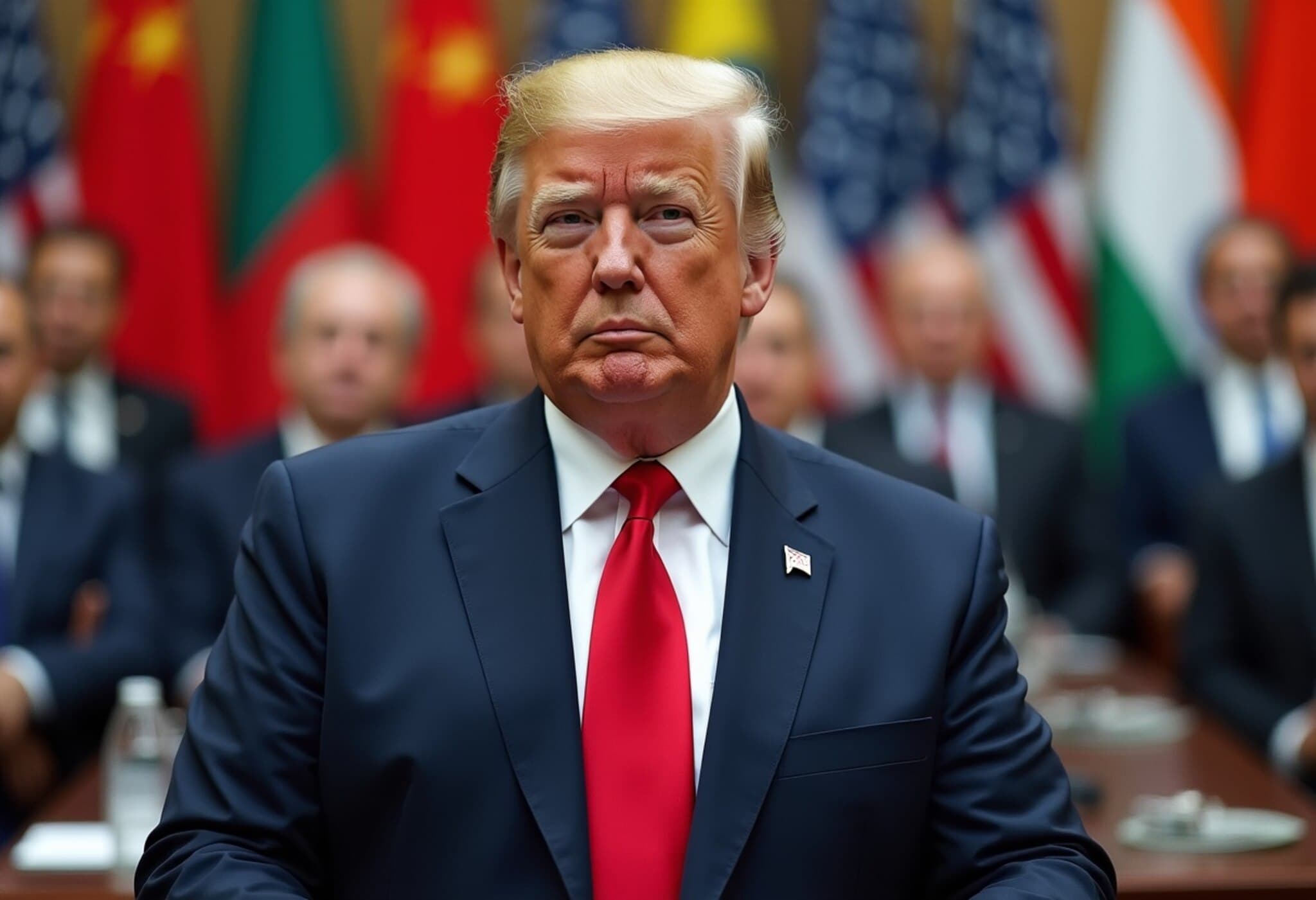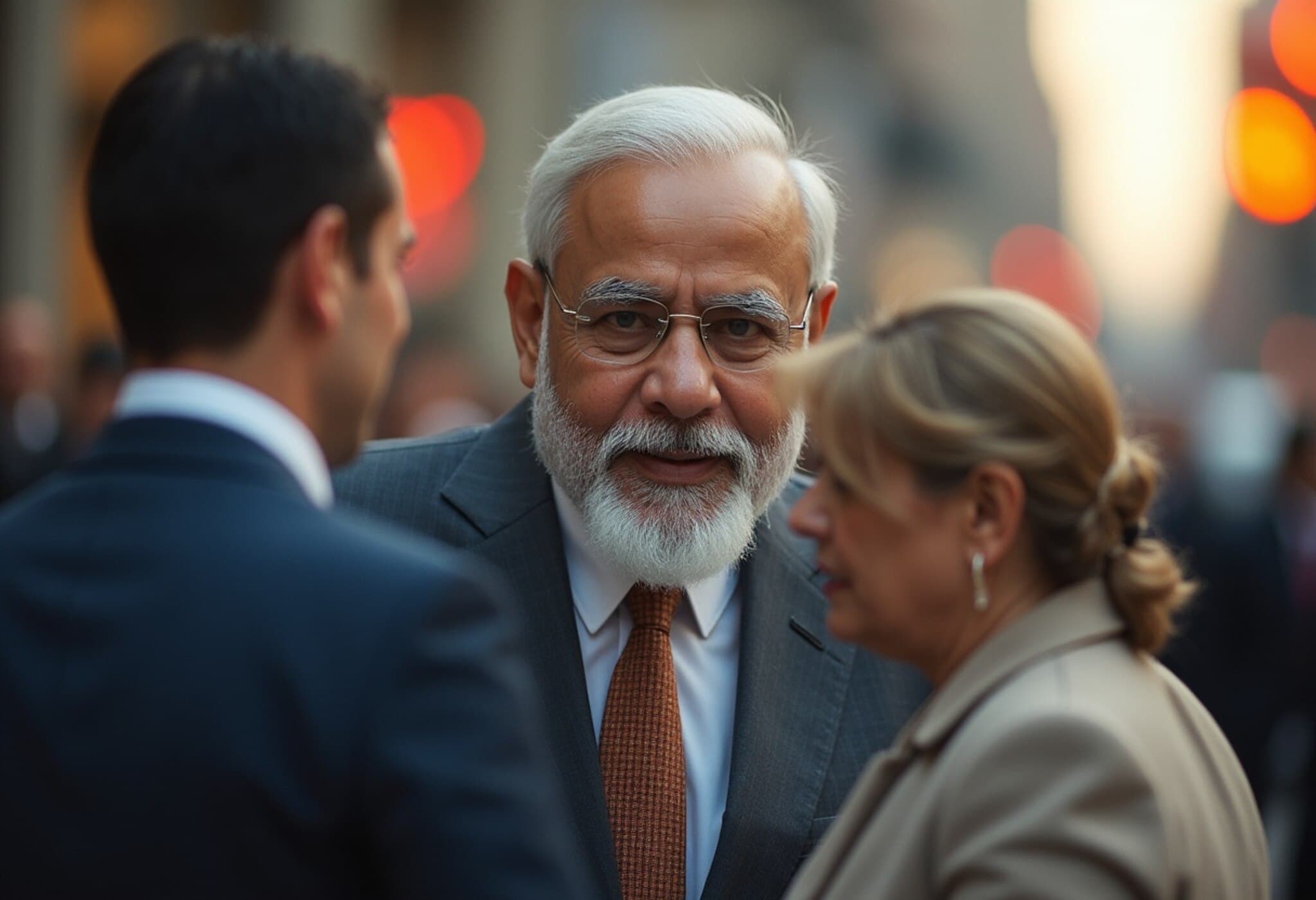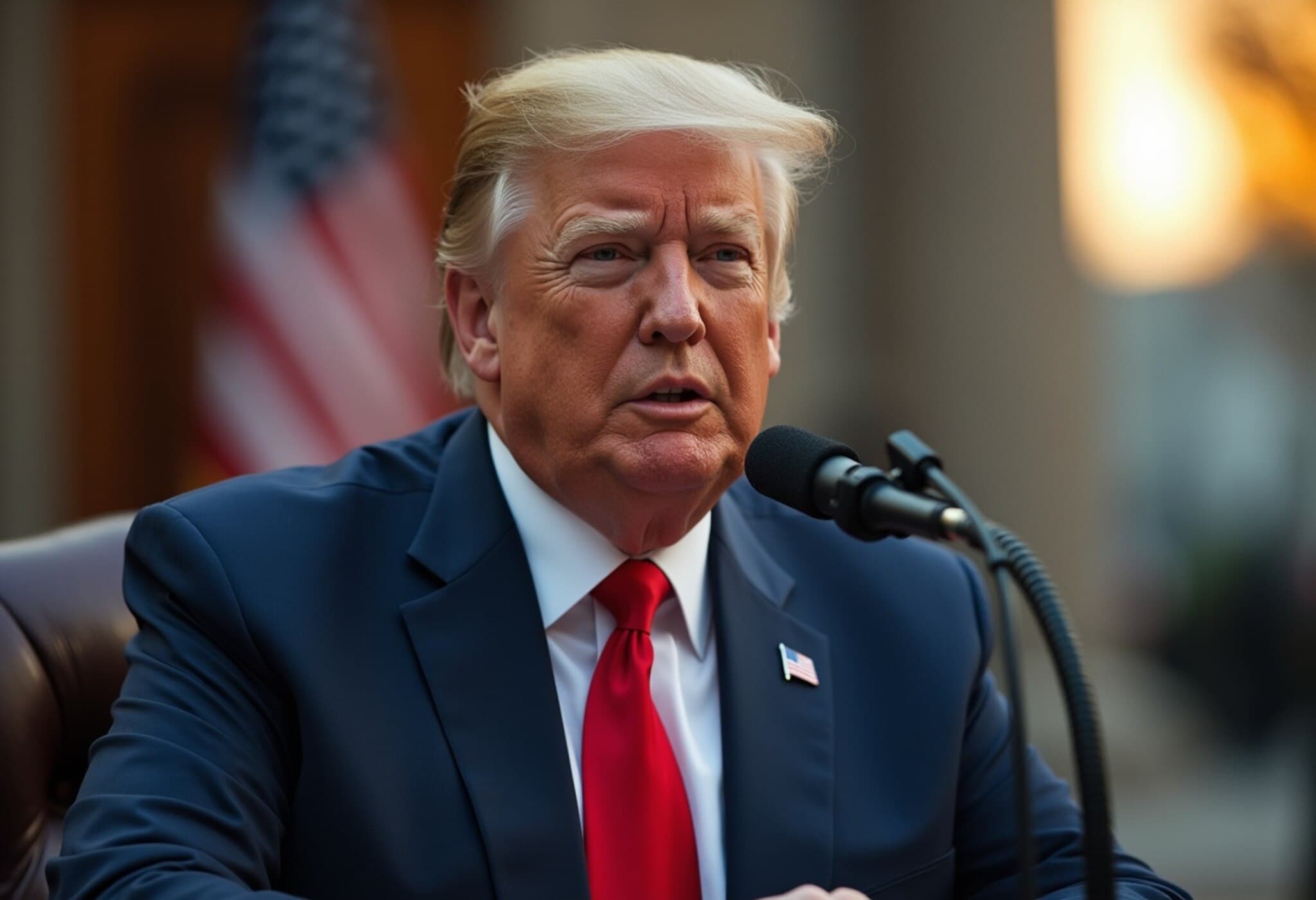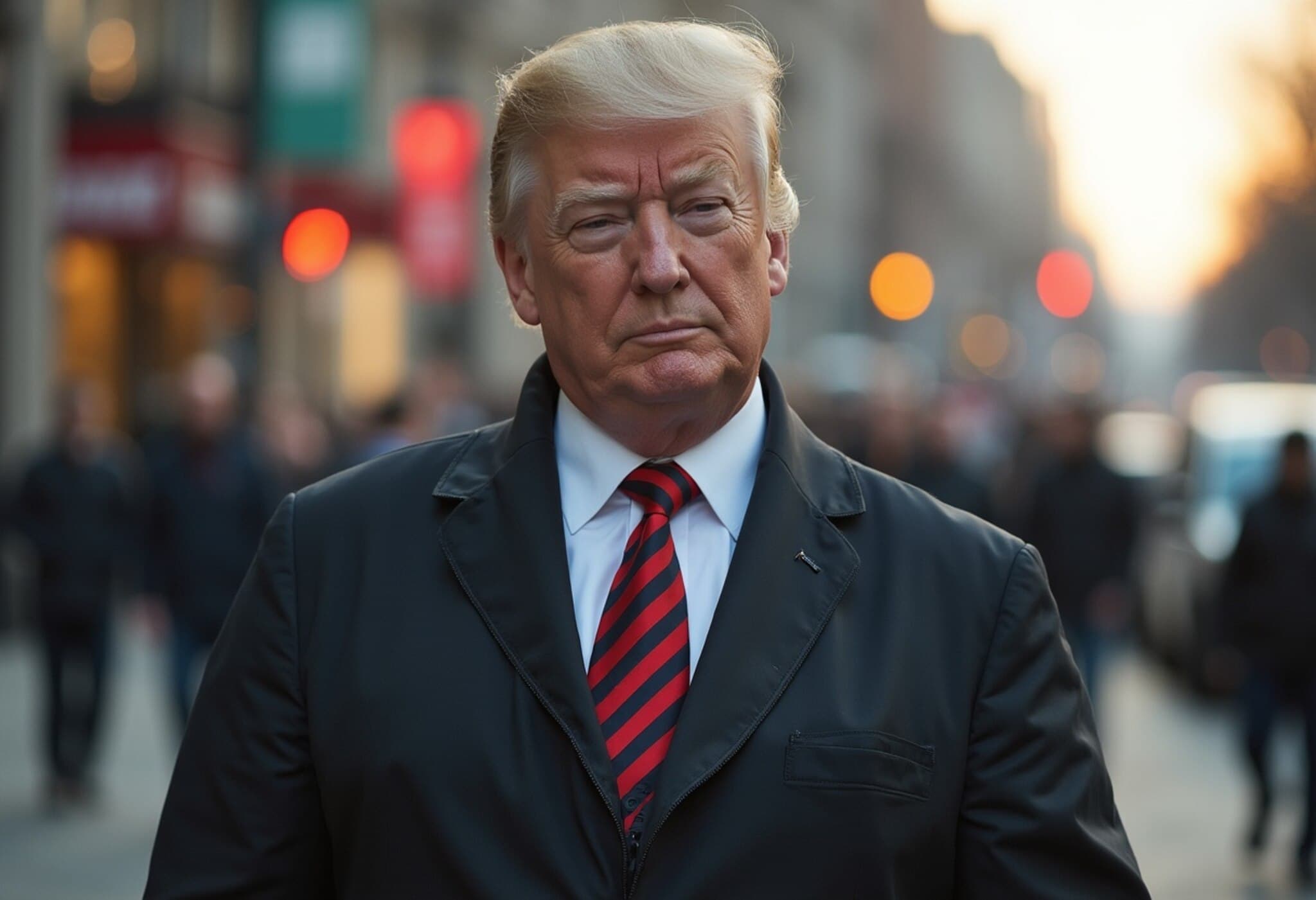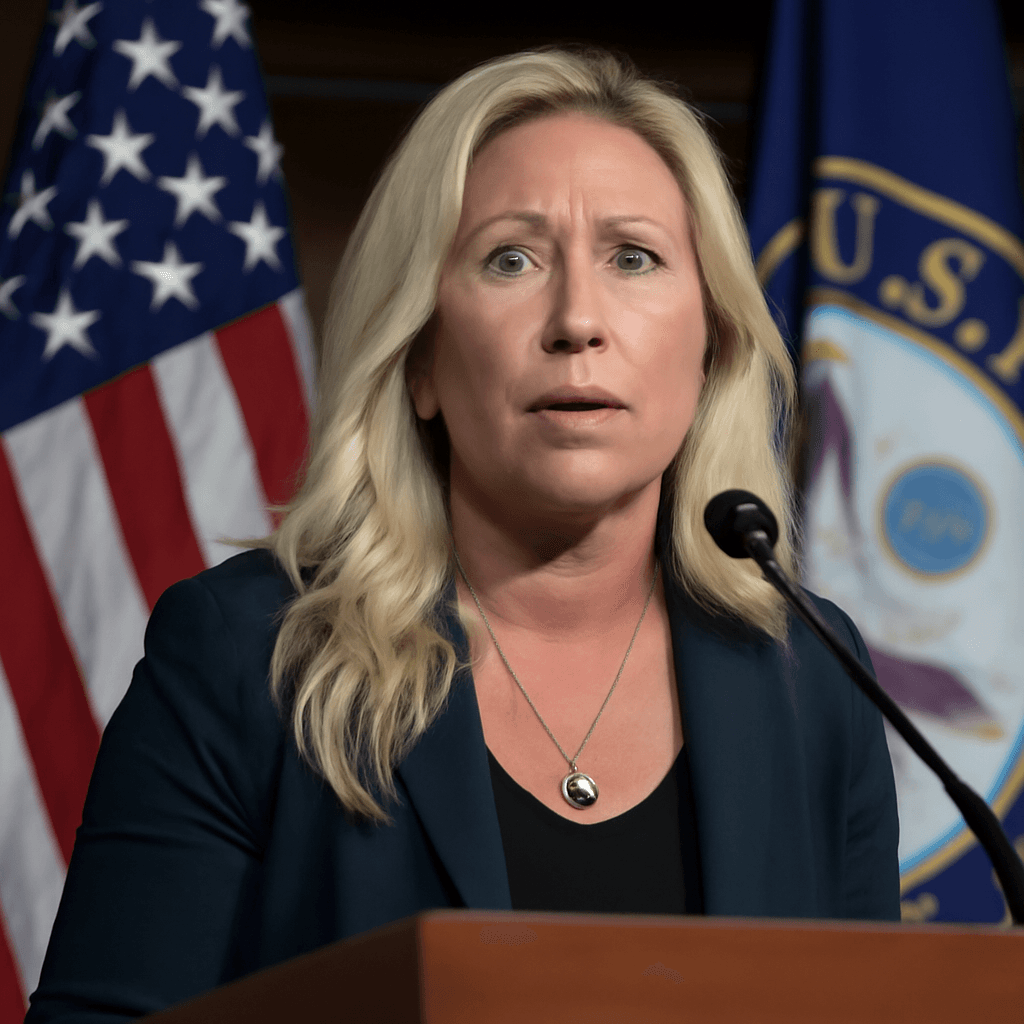BRICS Nations Forge Stronger Unity Ahead of Rio Summit
Diplomats from the BRICS countries—Brazil, Russia, India, China, South Africa, and the newly added member states—have successfully agreed on a unified declaration to be presented at the upcoming summit in Rio de Janeiro. This marks a significant milestone in demonstrating cohesion amid a diversifying group.
New Members and Growing Diversity
Since its inception with the original five members, BRICS has expanded, welcoming Egypt, Ethiopia, Indonesia, Iran, Saudi Arabia, and the United Arab Emirates last year. With this increased diversity, reaching consensus has become increasingly complex, making the recent breakthrough all the more notable.
Key Areas of Agreement
- UN Security Council Reform: Members have backed Brazil and India for permanent seats on a reformed Security Council, emphasizing a push for more representative global governance.
- African Representation: Despite welcoming African nations like Egypt, Ethiopia, and South Africa, the group has yet to designate a specific member to champion Africa’s interests on the world stage.
- West Asia Focus: BRICS is set to adopt more pointed language regarding West Asia in its final communiqué, moving past vague statements to address regional complexities more directly.
- Trade and Protectionism: The bloc continues to criticize protectionist trade measures, with strong opposition to unilateral tariffs imposed by some countries in recent years.
A Sharp Contrast to Western Divisions
The growing unity in BRICS starkly contrasts with recent fractures seen among Western powers, particularly at the G7 summit in Canada. The G7 struggled to maintain a unified front on supporting Ukraine amid ongoing conflict with Russia, underscored by divergent approaches from key members.
While the G7 issued a statement condemning Russia’s invasion of Ukraine—now entering its fourth year—efforts toward peace negotiations remain stalled. Notably, some leaders have resisted endorsing strong condemnatory language or escalating support, signaling cracks in traditional alliances.
Significance of the BRICS Breakthrough
This collective agreement underscores BRICS’ ambition to assert a distinct voice in global affairs, especially as geopolitical tensions and economic challenges reshape international alliances. Presenting a united front in Rio affirms the grouping’s aim to influence key issues ranging from trade to security council reform.
As global powers grapple with shifting priorities and alliances, BRICS’ demonstration of consensus may signal a new phase in multipolar diplomacy.

